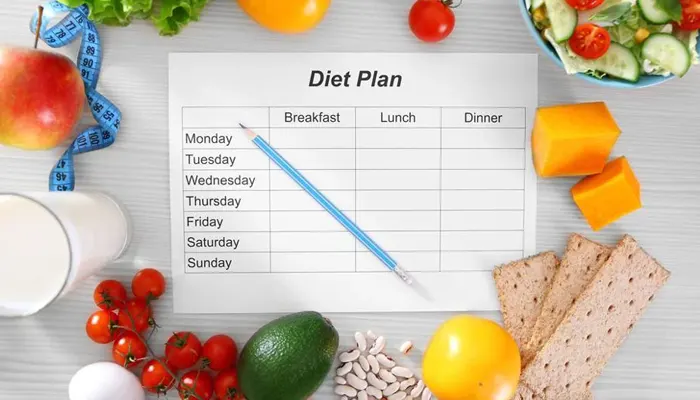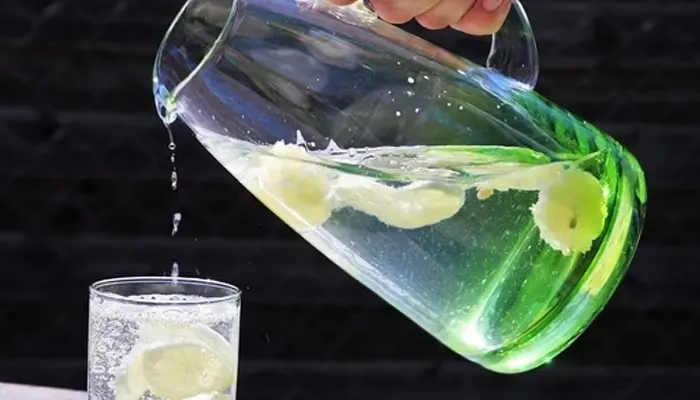
We’ve all heard the age-old advice: “Drink plenty of water.” But what happens if you don’t?
Surprisingly, even a single day without adequate hydration can have a significant impact on your body and mind. Water is essential for almost every function in our bodies, and even minor dehydration can lead to noticeable effects. Let’s explore the consequences of not drinking enough water for just one day, highlighting why staying hydrated is crucial for our overall health and well-being.
The Importance of Hydration
Before diving into what happens when you don’t drink enough water, it’s important to understand why hydration is so vital. Water makes up about 60% of our body weight and is involved in numerous bodily functions. It helps regulate body temperature, transport nutrients, remove waste, lubricate joints, and support cellular functions. Without sufficient water, these processes can’t function optimally, leading to various health issues.
Immediate Effects of Dehydration
Thirst and Dry Mouth
The most obvious sign of dehydration is thirst. Thirst is your body’s way of signalling that it needs more fluids. Along with thirst, you may experience a dry mouth, which occurs when your body produces less saliva. Saliva is important for maintaining oral health, aiding in digestion, and keeping your mouth moist.
Fatigue and Decreased Energy Levels
Even mild dehydration can lead to fatigue and decreased energy levels. Water is essential for maintaining blood volume and circulation, which helps transport oxygen and nutrients to your cells. When you’re dehydrated, your blood volume decreases, leading to reduced oxygen delivery and making you feel tired and sluggish.
Headaches and Dizziness
Dehydration can cause headaches and dizziness, as your brain is highly sensitive to changes in fluid balance. When dehydrated, the brain can temporarily contract or shrink from fluid loss, leading to painful headaches. Additionally, decreased blood volume can cause a drop in blood pressure, leading to dizziness or light-headedness.
Cognitive and Mood Changes
Difficulty Concentrating and Impaired Cognitive Function
Your brain needs water to function properly. When you’re dehydrated, cognitive functions such as concentration, alertness, and short-term memory can be negatively affected. Even mild dehydration can lead to a noticeable decline in cognitive performance, making it harder to focus on tasks and think clearly.
Mood Changes and Irritability
Dehydration doesn’t just affect your physical health; it can also impact your mood. Studies have shown that even mild dehydration can lead to mood swings, irritability, and increased feelings of anxiety and stress. This is because dehydration can affect the balance of neurotransmitters in your brain, influencing your emotional state.
Physical Health Consequences
Digestive Issues
Water is essential for healthy digestion. It helps break down food, absorb nutrients, and prevent stomach issues by keeping your digestive system moving smoothly. Without enough water, you may experience digestive issues such as bloating and gas as your body struggles to process food efficiently.
Skin Health

Your skin is the largest organ in your body and relies on adequate hydration to stay healthy. Dehydration can lead to dry, flaky skin and reduced elasticity, making your skin appear dull and aged. In severe cases, dehydration can also exacerbate skin conditions such as eczema and psoriasis.
Muscle Cramps and Joint Pain
Water plays a crucial role in lubricating your joints and maintaining muscle function. When you’re dehydrated, your muscles can become fatigued and more prone to cramps and spasms. Additionally, lack of lubrication in your joints can lead to stiffness and discomfort, making physical activities more challenging.
Even a single day of inadequate water intake can have a range of negative effects on your body and mind. From physical symptoms like fatigue and headaches to cognitive impairments and mood changes, dehydration can significantly impact your well-being. Staying hydrated is essential for maintaining optimal health, so make it a priority to drink enough water every day. By adopting simple habits to ensure proper hydration, you can support your body’s vital functions and enjoy better overall health and vitality. Drink up, and your body will thank you!












